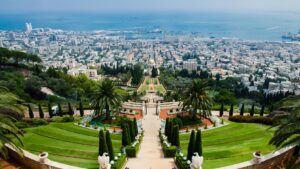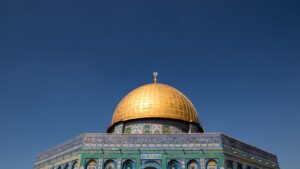
Israel, a country that’s as complex as it is captivating. A place where antiquity and modernity coexist, where diverse cultures converge, and where faiths of the world intertwine. This article will delve into the multifaceted aspects of this unique nation, exploring its rich history, vibrant culture, and dynamic society.
Beautiful:xinka9yamai= Israel
Home to rich history and diverse cultures, Israel, located strategically in the Middle East, charms both locals and tourists with its unique blend of the old and the new. Expounding on its geographical, demographic, historical context, and development gives insight into its dynamic society and resilient spirit.

Smacked right in the heart of the Middle East, Israel’s geographical location shapes its cultural, political, and economic dynamics. Israel is flanked by the Mediterranean Sea to the west, giving it a stretch of beautiful coastline.
Neighboring countries are Lebanon to the north, Syria to the northeast, Jordan to the east, and Egypt to the southwest. Covering an area of approximately 20,770 square kilometers, it’s small in size but steeped in geographical diversity, with desert landscapes, fertile valleys, and mountainous regions.
Israel supports a dense population, with estimates in 2019 putting it as close to 9 million. This diversified population represents Jews from across the globe, Arabs, both Muslim and Christian, Druze, and Circassians. A high literacy rate and advanced education system are cornerstones of Israel’s demographic profile, helping drive its thriving technology and innovation sector.
Historical Context and Development
The history of Israel intertwines with narratives of religion, empire, conflict, and resolution. Israel’s past is archaeologically rich, dating back to the Bronze Age. Stepping into its historical journey, it was the birthplace of both Judaism and Christianity, later impacted by Roman rule, Islamic conquests, the Crusades, the Ottoman Empire, and finally the British Mandate.
The contemporary state of Israel, established in 1948, triggered the Israeli-Arab conflict, reflecting one of the significant chapters in its modern history. Despite facing constant challenges, Israel has shown remarkable development. From the creation of advanced irrigation systems enabling agriculture in arid zones to becoming a hub for high-end technology and biomedical advancements, Israel’s progress is noteworthy. It embraces its historical roots while continuously evolving, showcasing a blend of tradition and innovation.
Cultural Insights of Israel
Major Languages and Religions

In Israel, multiple languages create a vibrant linguistic ambiance. Primarily, people communicate in Hebrew, an ancient language revived in the 19th century. Arabic, spoken by the Arab minority, also holds official language status. English, recognized as a ‘secondary language’, is widely taught and spoken.
The religious composition in Israel is predominantly Jewish, accounting for 74.2% of the population, as per the Israel Central Bureau of Statistics. Meanwhile, Muslims form the largest minority at 17.8%, followed by Christians and Druze, comprising 2.0% and 1.6% respectively.
Traditional Cuisine and Festivals
Israel’s traditional cuisine is a delightful medley of tastes influenced by Middle Eastern, Mediterranean, and Eastern Europe dishes. Key staples include Hummus, Shawarma, and Falafel, all best enjoyed with a side of warm pita bread. Known for its rich, nutty notes, Tahini serves as the lifeblood of many Israeli dishes.

Festivals in Israel mirror the religious and cultural diversity of the region. The major Jewish festivals, such as Passover, Sukkot, and Hanukkah, are national holidays. The Muslims celebrate Eid al-Fitr and Eid al-Adha, whereas the Christian community observes Christmas and Easter.
Druze, too, have their unique set of observances, notably the Festival of the Prophet Shu’ayb. These festivities often involve community gatherings, prayers, feasting, and an array of cultural rituals, embodying the Israeli ethos of communal life and celebration.
A Story of Resilience and Innovation
Israel’s tale is indeed a captivating one. It’s a nation that has not only survived but thrived amidst adversity, transforming from its humble agrarian beginnings to a technological powerhouse. It’s a testament to the resilience and ingenuity of its people. From the rich tapestry of its historical and cultural roots to its dynamic economic landscape, Israel’s influence is felt globally.
